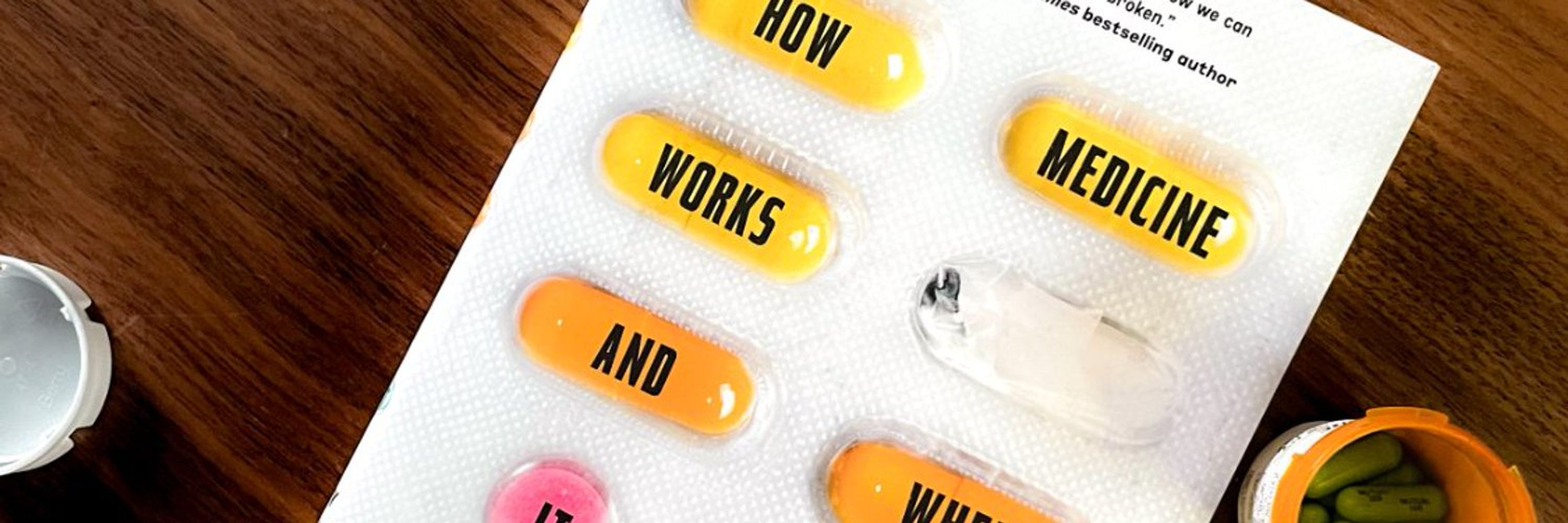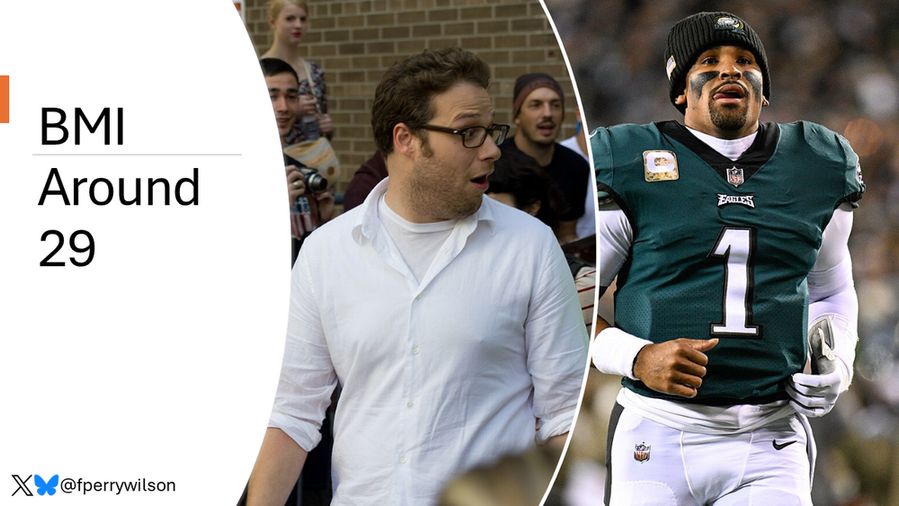
How Medicine Works and When It Doesn't in bookstores now!

@profemilyoster.bsky.social. Weekly, we take on a wellness topic and (gasp) actually read the literature to separate fact from BS. Check out episode 1, "What's the deal with declining sperm counts?" today.
wellnessactually.fm
@profemilyoster.bsky.social. Weekly, we take on a wellness topic and (gasp) actually read the literature to separate fact from BS. Check out episode 1, "What's the deal with declining sperm counts?" today.
wellnessactually.fm

@profemilyoster.bsky.social. Weekly, we take on a wellness topic and (gasp) actually read the literature to separate fact from BS. Check out episode 1, "What's the deal with declining sperm counts?" today.
wellnessactually.fm
New podcast. Me. @ProfEmilyOster. The ACTUAL data on wellness trends so you can stress less.
Listen to Wellness, Actually wherever you get your podcasts:
open.spotify.com/show/5igTryE...
podcasts.apple.com/us/podcast/w...

New podcast. Me. @ProfEmilyOster. The ACTUAL data on wellness trends so you can stress less.
Listen to Wellness, Actually wherever you get your podcasts:
open.spotify.com/show/5igTryE...
podcasts.apple.com/us/podcast/w...
It worked. Or at least I thought it did.
A new study suggests it may have been making things worse. 🧵 (1/13)

It worked. Or at least I thought it did.
A new study suggests it may have been making things worse. 🧵 (1/13)
How much is actually ok to drink?
🧵 (1/14)

How much is actually ok to drink?
🧵 (1/14)
This week is brought to you by the hashtag #CaliforniaSober.
The question: Can weed help you put down the bottle? Or does it just make things worse? Let’s look at the data. 1/13

This week is brought to you by the hashtag #CaliforniaSober.
The question: Can weed help you put down the bottle? Or does it just make things worse? Let’s look at the data. 1/13
🧵
(1/13)
🧵
(1/13)
It's not even hard.
A new study in JAMA Network Open shows just how vulnerable medical AI is to manipulation. 🧵

It's not even hard.
A new study in JAMA Network Open shows just how vulnerable medical AI is to manipulation. 🧵
Turns out that might've been good for my brain?
A new study says high-fat cheese prevents dementia. Let's talk about it. 🧀🧵
(1/10)

Turns out that might've been good for my brain?
A new study says high-fat cheese prevents dementia. Let's talk about it. 🧀🧵
(1/10)
But there's one thing that makes us wildly different from our primate cousins.
And it might explain why our species took over the planet.
🧵
But there's one thing that makes us wildly different from our primate cousins.
And it might explain why our species took over the planet.
🧵
Dr. @fperrywilson.bsky.social giving Yale Nephrology RIP, Dr. Whitney Besse teaching us about genetic testing and kidney disease, and Dr. Lloyd Cantley presenting at the HTI Seminar! @yalemed.bsky.social



Dr. @fperrywilson.bsky.social giving Yale Nephrology RIP, Dr. Whitney Besse teaching us about genetic testing and kidney disease, and Dr. Lloyd Cantley presenting at the HTI Seminar! @yalemed.bsky.social
(Thread)-->
(1/18)

(Thread)-->
(1/18)
The miracle has a problem: It ends when the prescription runs out.
Let's look at the data on the "Rebound Effect." 🧵

The miracle has a problem: It ends when the prescription runs out.
Let's look at the data on the "Rebound Effect." 🧵

How is that possible? Turns out the answer is fascinating and maybe a little depressing. 🧵
How is that possible? Turns out the answer is fascinating and maybe a little depressing. 🧵
Wait... what?
This is one of those studies that makes you say "that can't be right." But maybe it is?
Let me walk you through this weird one.

Wait... what?
This is one of those studies that makes you say "that can't be right." But maybe it is?
Let me walk you through this weird one.
That’s not a typo. Let’s talk about how, and why, that might be. 🧵
That’s not a typo. Let’s talk about how, and why, that might be. 🧵




This is driving type 2 diabetes in children, and increases the risk of other diseases as adults.
We need to talk about weight-loss drugs for kids. 🧵

This is driving type 2 diabetes in children, and increases the risk of other diseases as adults.
We need to talk about weight-loss drugs for kids. 🧵
I'll be talking about how to write about medicine while maintaining both skepticism and joy. Tons of amazing talks / discussions.
You can sign up for free here: www.mediumday.com

I'll be talking about how to write about medicine while maintaining both skepticism and joy. Tons of amazing talks / discussions.
You can sign up for free here: www.mediumday.com

